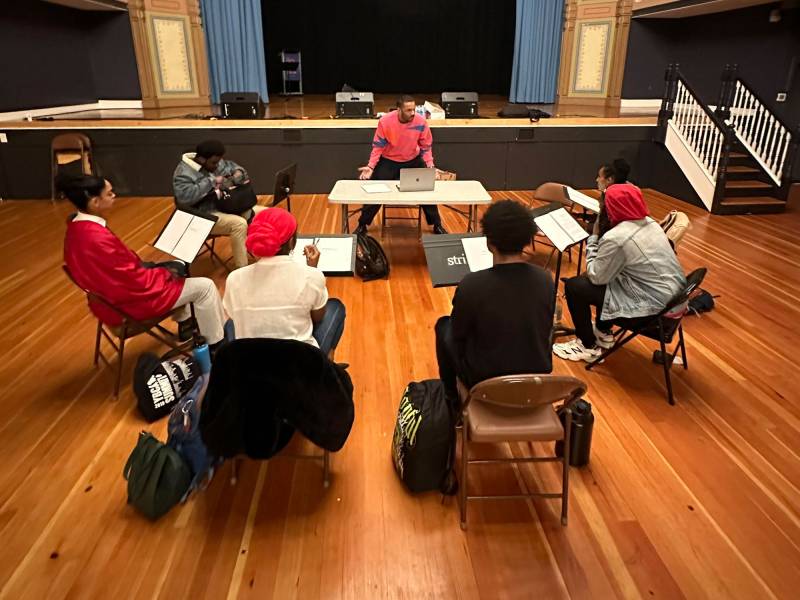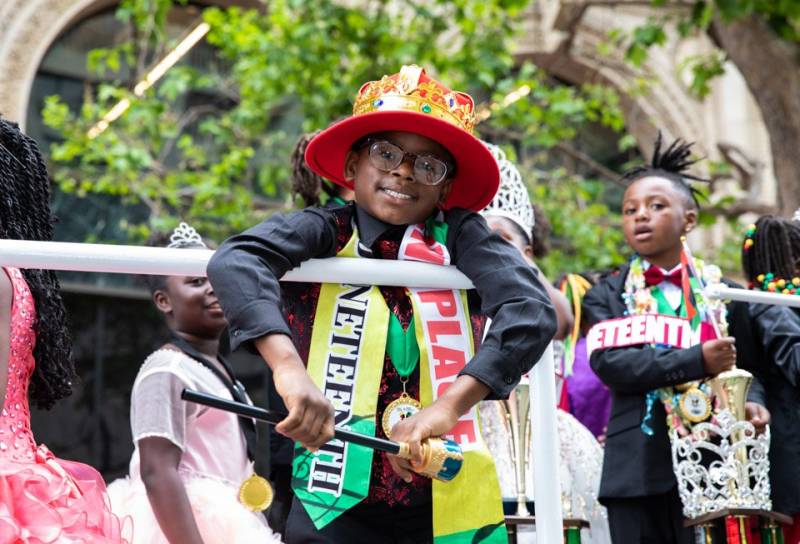While the Vietnam War raged in 1966, and the onset of California’s prison industrial complex began to ravage Black and low-income communities in a dreadfully systematic way, San Francisco’s Hunters Point residents were hurled onto the frontlines of their own conflict. On Sept. 27 of that year, the Third Street Riot (or Hunters Point Uprising) ignited after an SFPD officer killed Matthew “Peanut” Johnson — a neighborhood teenager the police were pursuing after a crime.
Johnson’s violent — and presumably racially motivated — death ignited a series of community actions that crescendoed with a citywide outbreak of demands for justice. Though largely overlooked in modern history (despite being the largest riot in San Francisco history at the time), the event offers a critical look at San Francisco’s decades-long struggles with racial segregation, police brutality and community neglect.

For local actor and filmmaker Biko Eisen-Martin, it’s an essential chapter of San Francisco’s past that has yet to be fully excavated by the public. For him, growing up in San Francisco and listening to his family members and elders speak about the revolutionary time inspired Eisen-Martin to write and direct 3rd and Palou — a community-centered performance premiering as a staged reading at the historic Ruth Williams Opera House (also known as the Bayview Opera House) on the night of Juneteenth.
“This is based on community testimonies. Right now, there isn’t a pipeline for these stories. This isn’t stuff that is readily available; it hasn’t been properly archived,” Eisen-Martin says. “But it happened right here on Third Street. There were tanks rolling down the streets of San Francisco. There are still bullet holes in the Bayview Opera House from it all. That’s why I wanted to make [the Opera House] ground zero and activate the community.”
Directly inspired by Eisen-Martin’s godmother, Ida McCrae — who was a teenager navigating issues of patriarchy, racism and rising incarceration at the time — the play is a semi-biographical coming-of-age tale that focuses deeply on one woman’s experience, rather than trying to abstractly retell the story of the entire uprising itself.




